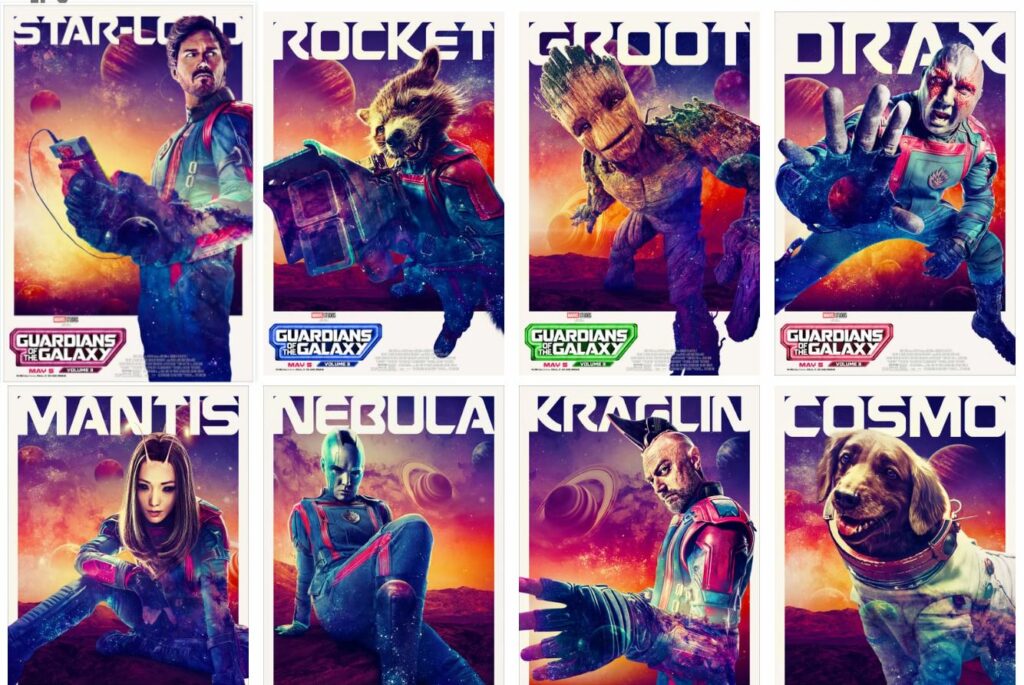Blackberry
Posted on May 11, 2023 at 3:14 pm
B +| Lowest Recommended Age: | High School |
| MPAA Rating: | Rated R for language throughout |
| Profanity: | Constant very strong language |
| Alcohol/ Drugs: | None |
| Violence/ Scariness: | Tense confrontations |
| Diversity Issues: | None |
| Date Released to Theaters: | May 12, 2023 |

We used to get movies about knights, cowboys, soldiers, usually with a lot of highly simplified clarity about the good guys and the bad guys. These were exciting in and of themselves, but they were also origin stories, those foundational, profound, and defining sagas that tell us who we are: the descendants of courageous people who triumphed over evil. many of the best had some depth and complexity. It is not necessary to abandon moral clarity to the point of “both sides-ism,” but to be honest and meaningful the stories should recognize the losses, the compromises, and the consequences of conflict.
Our recent cinematic origin stories look back at our most recent history with heroes in boardrooms, not battlefields. Instead of jousting with lances or dropping bombs from airplanes we have people typing code on keyboards and making presentations in bespoke suits. The hero of the “Tetris” movie is not the man who created the game; it’s the man who sold the game. Michael Jorden, one of the greatest athletes in history, barely makes an appearance in “Air,” the movie that mentions his extraordinary ability but makes as its central characters the men who made the deal to sell his branded sneakers. The upcoming “Flaming’ Hot” is the underdog story of the janitor who came up with the idea of extra-spicy Cheetos. And “Blackberry” is the rise-and-fall cautionary tale of the mismatched pair, the genius engineer and the Harvard-educated business powerhouse who joined forces to create a transformational new technology that ruled the world — until it was overtaken by another transformational technology. “Flamin’ Hot,” coming soon, is the origin story(ish) of a popular spicy snack. Maybe some day they’ll make a movie about the Betamax.
Mike Lazaridis (Jay Bảruchel) and Doug Freigen (played by writer-director Matt Johnson) make an inept pitch to executive Jim Balsillie (“It’s Always Sunny in Philadelphia’s” Glenn Howerton) and he tosses them out. But when he is fired, he remembers something they said. Lazaridis quoted his high school shop teacher: “The person who puts the computer inside the phone will change the world.”
He makes a proposal to the young entrepreneurs — he wants to be the CEO and have 50 percent of the stock. Lazaridis is willing but Freigen is not. They think they’re in good shape because they have a lucrative deal for modems already. But engineers are better with soldering guns than PowerPoint, and they realize they need each other.
There are a lot of vivid, telling details in the film. When we first see Lazaridis, he is so bothered by a hissing sound of a machine in the office of someone he has not even met that he cannot help opening it up to fix it. That moment ties in very well with the movie’s conclusion. When Lazaridis and his team have just one night to produce a sample, they race through a store to pick up the components, including an early children’s Speak and Spell toy (like “ET”), creating a sort of Franken-phone. We see the difference between the engineers’ faith that if they build it everyone will want one and the marketing expert’s understanding that what sells new technology is not the functionality but the prestige, and especially the FOMO.
We know when the engineer and the MBA have a conflict early on: Balsillie says “Perfect is the enemy of good enough” and Lazaridis replies, “Good enough is the enemy of humanity,” we’re going to see that come back at them. And before it happens, we know that Lazaridis, with his hippie friend in the headband and the nerdy engineers who goof off and watch movies on one side and the demands of a suddenly mammoth company with huge technical and operational demands on the other will have to make some painful choices. Some will be the right ones, if the priority is the business over the friendships and the “perfect.” Some will be the wrong ones with the biggest conflict not within Blackberry but between his idea about what people want and Steve Jobs’ idea when he introduces the iPhone — no buttons! open source apps! Coolness (again prestige).
Bảruchel plays a very different character than the slacker-ish but endearing roles we’ve mostly seen before. He does a good job of conveying the prematurely gray Lazaridis in the early years as someone who is passionate about his work but uncomfortable talking to people instead of tinkering with technology, and then showing us the more polished version years later. We do not know all of the turning points where he was forced to compromise on issues he had previously considered non-negotiable, but we can see what those compromises, or, as Balsille says, sacrifices have done to him. And Howerton is on fire as Balsille. We can see in his posture and in every gesture the fury that fuels him.
This is not the kind of movie that is going to give you glimpses into the private lives of the characters. While we get a glimpse of one character’s conflicts when he is trying to buy a different business at the same time he needs to be at a crucial Blackberry meeting, we never find out if they have families. This is a rare movie about top-level achievers without a scene of loved ones complaining that they don’t get enough time. This is a story about business, but it is also very much in the classic mold because it is about passion, innovation, and hubris.
Parents should know that this film has constant very strong language, along with some tense confrontations and breaking the law.
Family discussion: What kinds of sacrifice are necessary for greatness? How did Mike change? What will be the next disruptive technology?
If you like this, try: “The Social Network,” “Steve Jobs,” and “Tetris”



 The movies have given us warm, loving, mothers, evil, abusive mothers, even alien mothers. Some of my favorites are featured in my book,
The movies have given us warm, loving, mothers, evil, abusive mothers, even alien mothers. Some of my favorites are featured in my book, 





